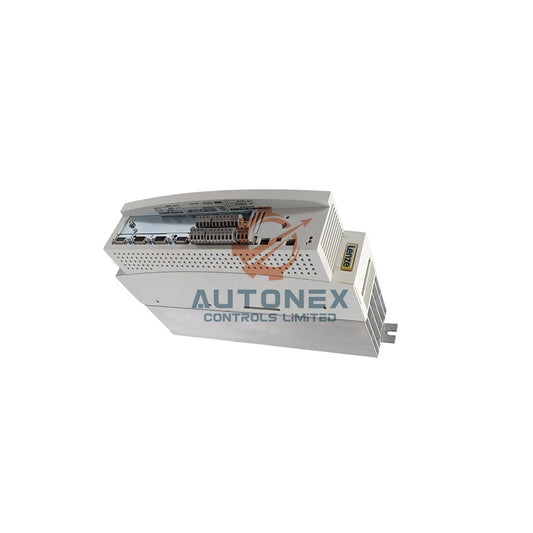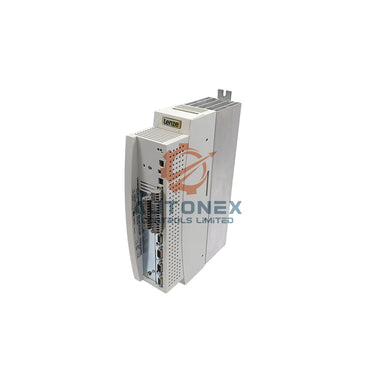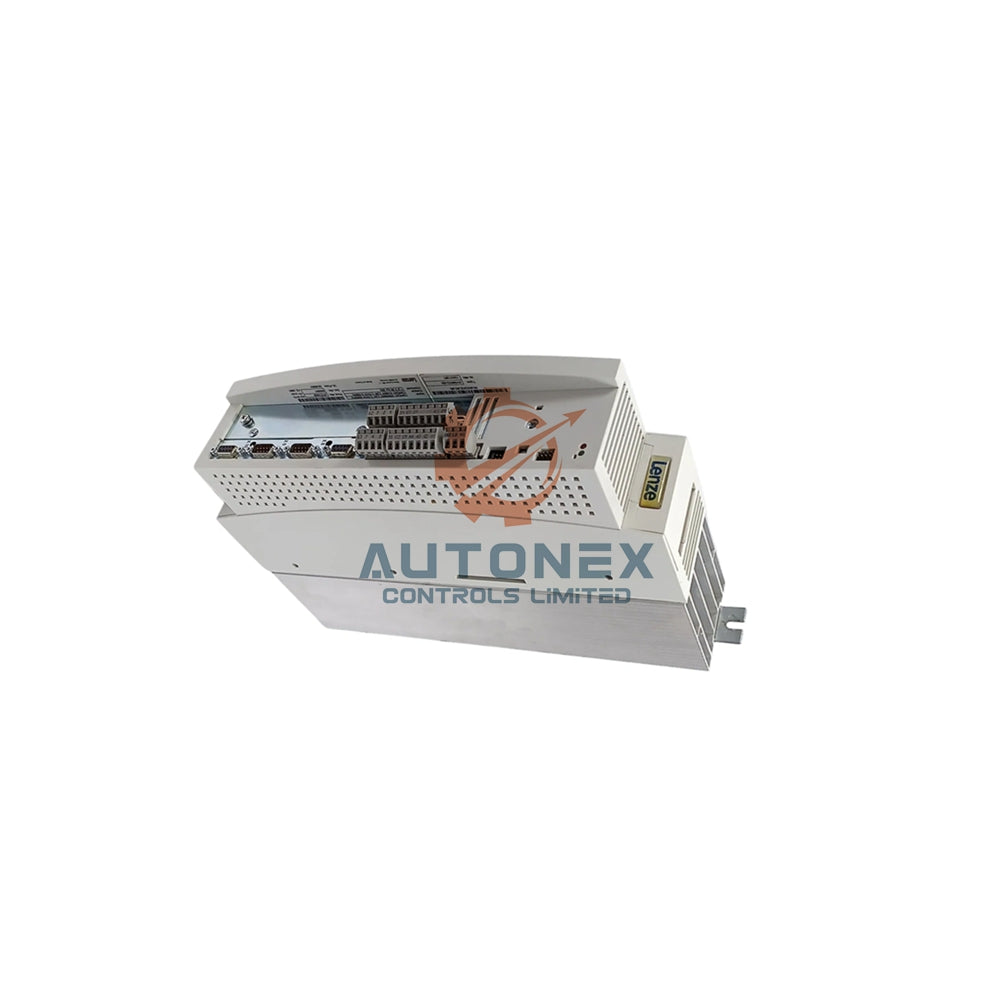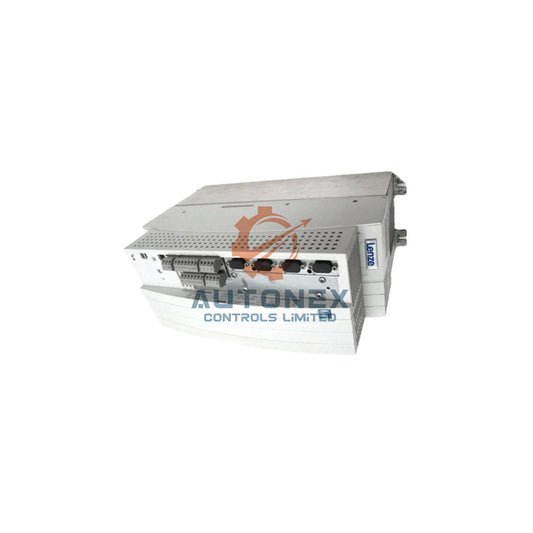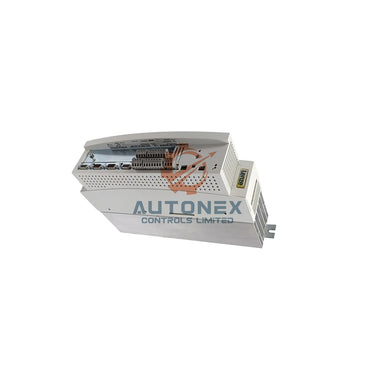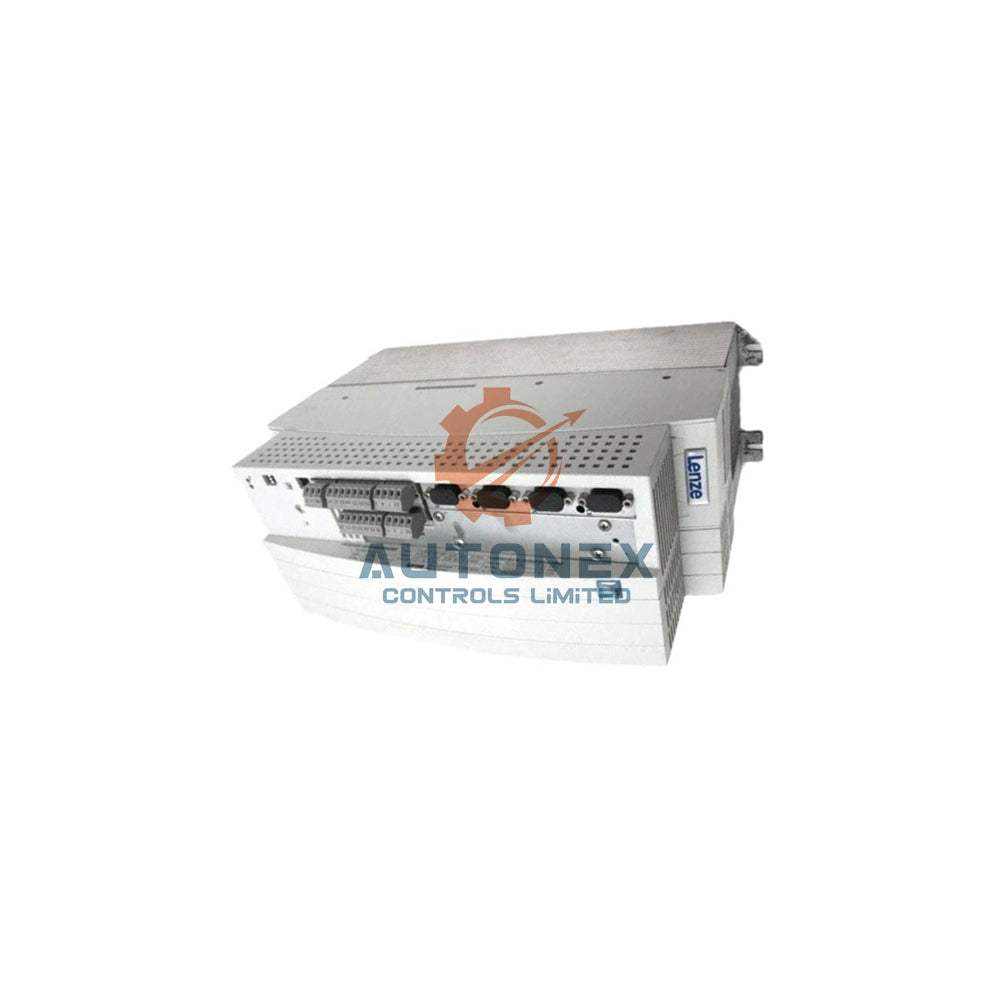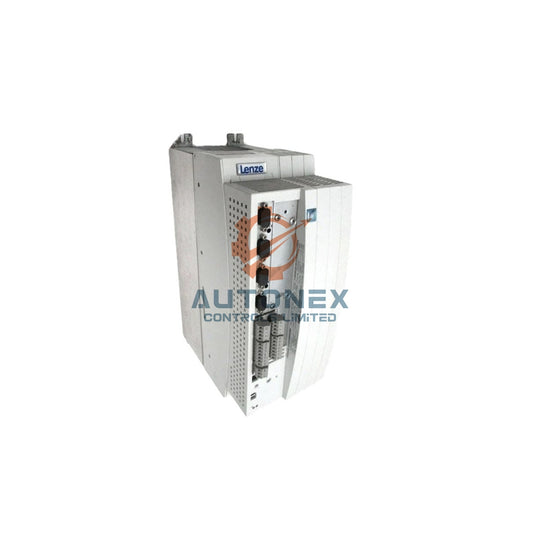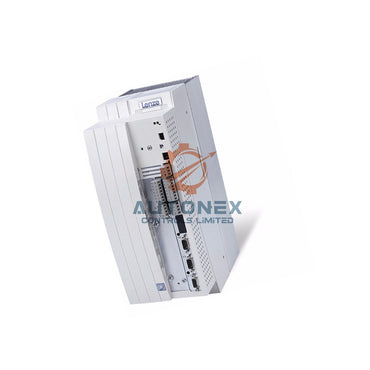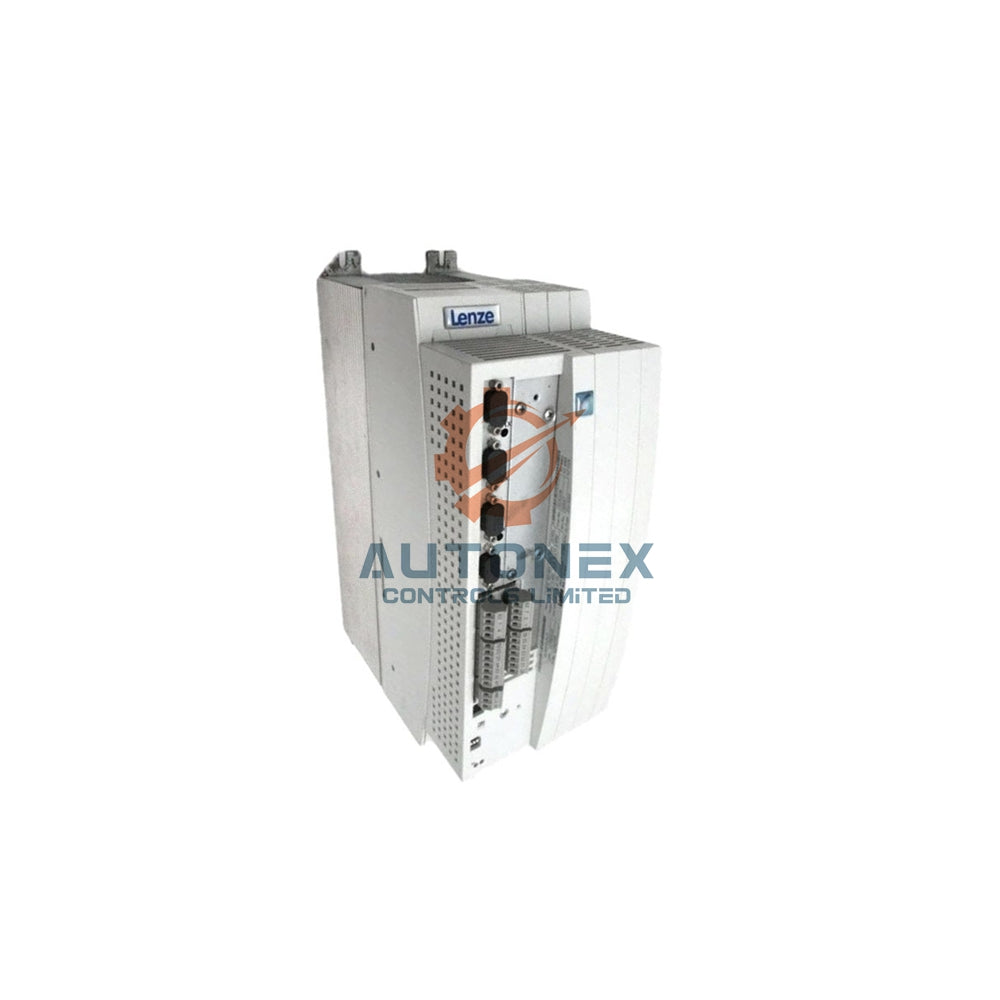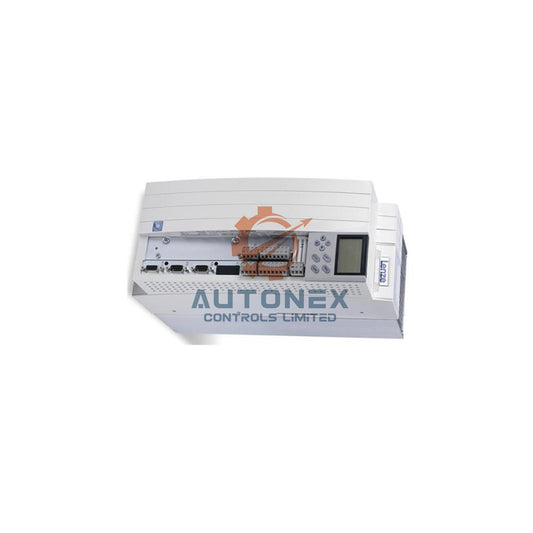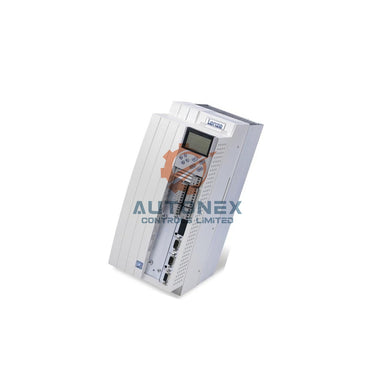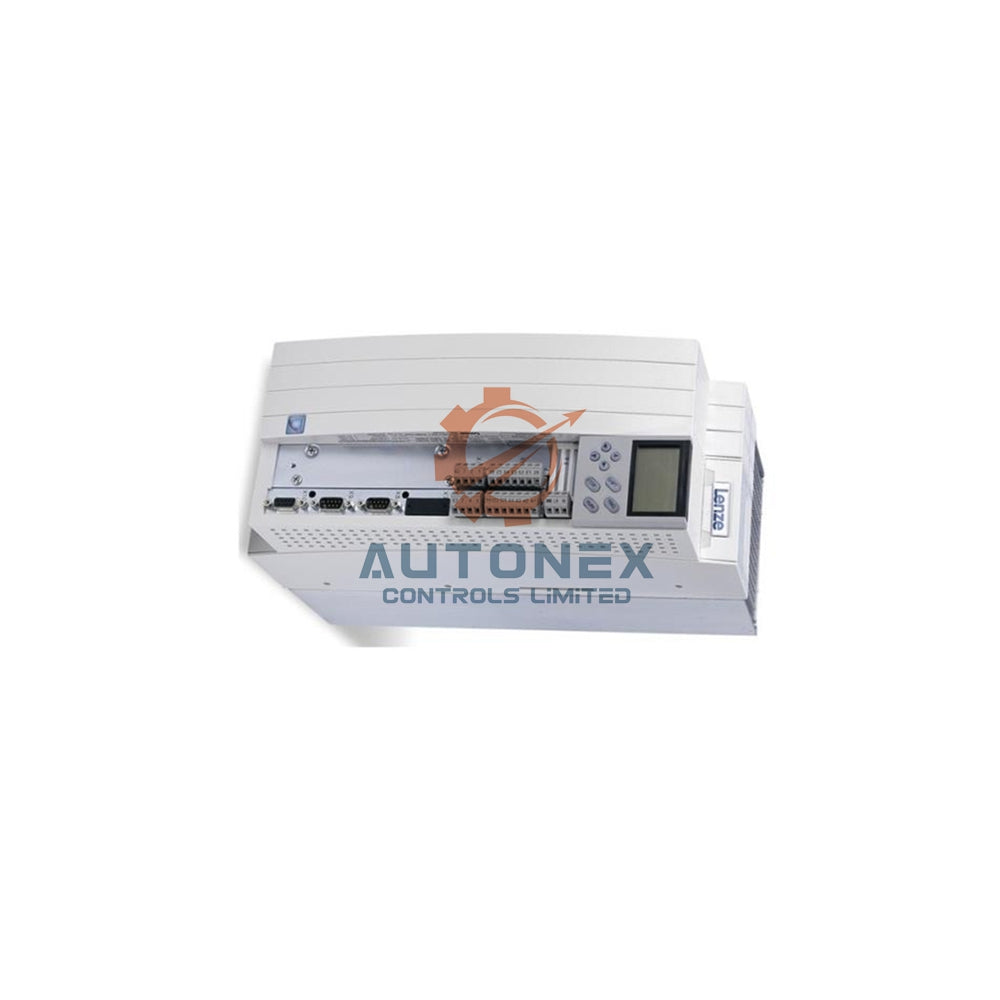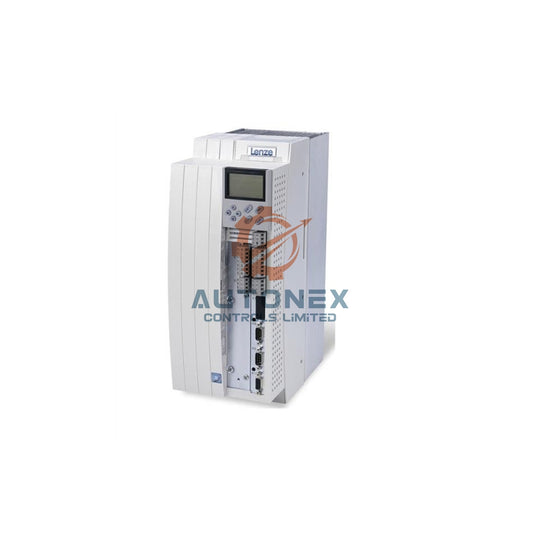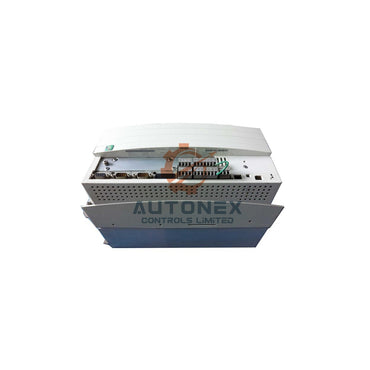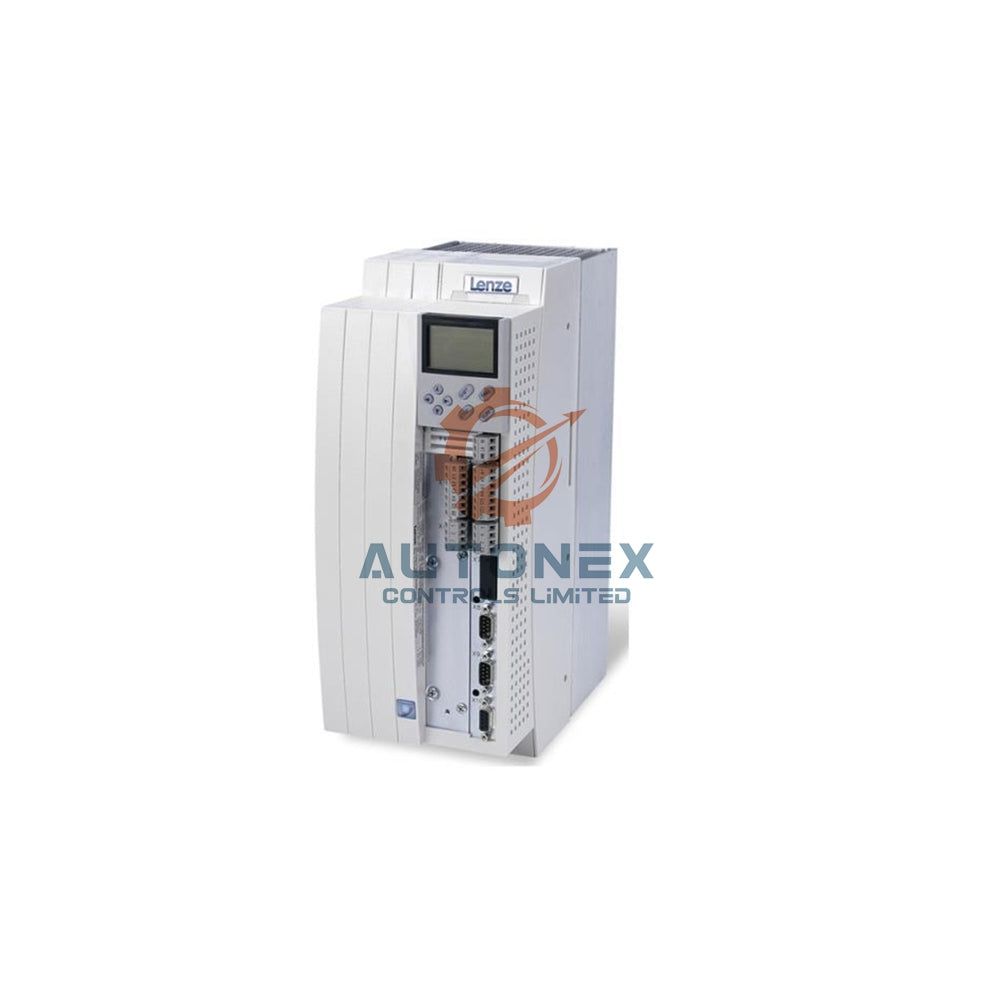وحدات التحكم الذكية في المحركات مقابل البادئات التقليدية: اتخاذ الخيار الاستراتيجي
تطور تكنولوجيا التحكم في المحركات
شهد التحكم في المحركات الصناعية تحولًا كبيرًا. توفر البادئات التقليدية وظائف أساسية لتشغيل المحرك. ومع ذلك، تقدم وحدات التحكم الذكية في المحركات قدرات متقدمة للتصنيع الحديث. تؤثر هذه الأنظمة الذكية على كفاءة التشغيل واستراتيجيات الصيانة.
قدرات تحديث البرامج الثابتة عن بُعد
تدعم وحدات التحكم الذكية تحديثات البرامج الثابتة عبر الهواء دون تدخل مادي. تحافظ منتجات مثل PowerFlex 755T وAltivar Process على ميزات الأداء الحالية. لذلك، تتجنب المنشآت توقف الإنتاج أثناء تحسينات النظام. وهذا يمثل تقدمًا كبيرًا مقارنة بقيود البادئات التقليدية.
أنظمة الحماية الكهربائية في الوقت الحقيقي
تشكل تقلبات الجهد مخاطر خطيرة على أنظمة المحركات. تراقب وحدات التحكم الذكية المعايير الكهربائية باستمرار للكشف عن الشذوذ. وتبدأ تلقائيًا استجابات الحماية عند اكتشاف المشكلات. ونتيجة لذلك، يمنع المصنعون تلف المعدات ويطيلون عمر المحرك.

مراقبة الأداء الشاملة
تتبع وحدات التحكم الذكية عدة معايير تشغيلية في الوقت نفسه. فهي تراقب الجهد، التيار، معامل القدرة، واستهلاك الطاقة. تُمكّن هذه البيانات من استراتيجيات الصيانة التنبؤية وتحسين الطاقة. علاوة على ذلك، تسهّل استكشاف الأخطاء وإصلاحها بسرعة أثناء الاضطرابات التشغيلية.
خوارزميات التحكم التكيفية
تقوم وحدات التحكم الذكية في المحركات بضبط نفسها ديناميكيًا وفقًا للظروف المتغيرة. تعدل السرعة والعزم بناءً على متطلبات الحمل الفعلية. أنظمة مثل Danfoss VLT FC 302 تحسن الأداء في الوقت الحقيقي. ونتيجة لذلك، تحقق العمليات توفيرًا كبيرًا في الطاقة وتقليل الإجهاد الميكانيكي.
تكامل الشبكات الصناعية
تتميز وحدات التحكم الحديثة ببروتوكولات اتصال مدمجة تشمل Ethernet/IP وPROFINET. تتصل مباشرة بأنظمة PLC وSCADA في المنشأة. يتيح هذا التكامل مشاركة البيانات في الوقت الحقيقي وتنسيق النظام بأكمله. لا يمكن للبادئات التقليدية توفير هذا المستوى من الرؤية التشغيلية.
قدرات تشخيصية متقدمة
تقوم وحدات التحكم الذكية بتسجيل الأحداث التشغيلية وحالات الأعطال تلقائيًا. تحتفظ ببيانات تاريخية مفصلة للتحليل واستكشاف الأخطاء وإصلاحها. تساعد هذه المعلومات فرق الصيانة على تحديد المشكلات المتكررة. لذلك، يمكن للمنظمات تنفيذ استراتيجيات صيانة استباقية بفعالية.
الاعتبارات التنفيذية
من خلال خبرتي المهنية، تقدم وحدات التحكم الذكية فوائد طويلة الأمد مقنعة. عادةً ما يحقق الاستثمار الأولي عوائد من خلال توفير الطاقة وتقليل وقت التوقف. أوصي بتقييم الاحتياجات الحالية وخطط التوسع المستقبلية. يجب على المنشآت النظر في التنفيذ المرحلي للعمليات القائمة.
سيناريوهات التطبيق العملي
مصانع التصنيع: تتيح وحدات التحكم الذكية الصيانة التنبؤية لمحركات خطوط الإنتاج.
محطات معالجة المياه: يحسن التحكم التكيفي تشغيل المضخات بناءً على تغيرات الطلب.
أنظمة التدفئة والتهوية وتكييف الهواء (HVAC): تضمن المراقبة في الوقت الحقيقي تشغيلًا فعالًا للتحكم في مناخ المبنى.

الأسئلة المتكررة
ما هي المزايا الرئيسية لوحدات التحكم الذكية في المحركات؟
توفر وحدات التحكم الذكية مراقبة عن بُعد، وتحسين الطاقة، وقدرات الصيانة التنبؤية. وهي تتفوق بشكل كبير على البادئات التقليدية في الذكاء التشغيلي.
هل يمكن لوحدات التحكم الذكية تقليل استهلاك الطاقة؟
نعم، تقوم خوارزميات التحكم التكيفية بتحسين أداء المحرك بناءً على متطلبات الحمل الفعلية. وهذا يؤدي عادةً إلى توفير كبير في الطاقة.
هل تعمل وحدات التحكم الذكية مع أنظمة المحركات الحالية؟
يمكن لمعظم وحدات التحكم الذكية الاندماج مع المحركات الصناعية الحالية. ومع ذلك، يُنصح بالتحقق من التوافق قبل التنفيذ.
ما مدى صعوبة الانتقال من البادئات التقليدية؟
يتطلب الانتقال تخطيطًا لكنه يقدم فوائد كبيرة. تقوم العديد من المنشآت بتنفيذ وحدات التحكم الذكية خلال فترات الصيانة المجدولة.
ما هي بروتوكولات الاتصال التي تدعمها وحدات التحكم الذكية؟
عادةً ما تدعم بروتوكولات Ethernet/IP وPROFINET وModbus TCP وغيرها من البروتوكولات الصناعية لدمج النظام بسلاسة.
تحقق من العناصر الشائعة أدناه لمزيد من المعلومات في Autonexcontrol


